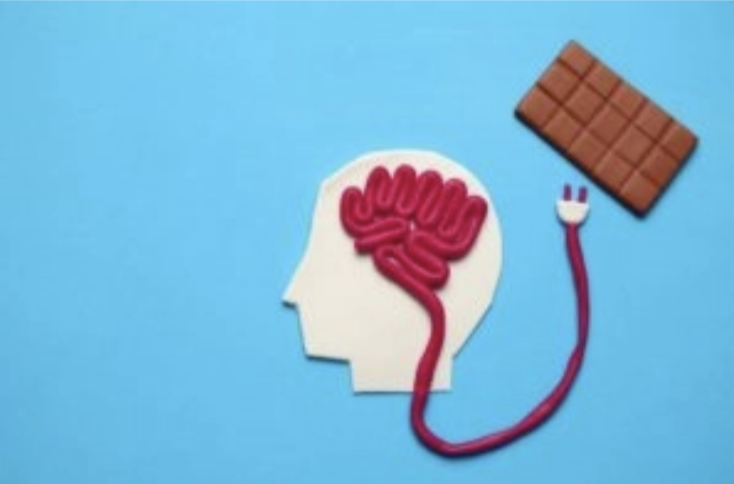Sugar is something that we all consume on a daily basis – whether it’s through ice cream, cookies, or even coffee. Though our brains do require glucose (sugar) to use as energy – just like any other circumstance, overeating this sweet molecule may create quite the issue.
Our brain has various effects and powers that we use daily, including memory, color vision, and so much more. If our brains hold such important information that we must use daily, then it’s our job to take care of it! “Brain food,” as some people call it, consist of vegetables, fruits, vitamins, and minerals that allow your brain to think clearly and have control over your senses. An overdose of sugar, however, is quite the opposite, as it decreases our cognitive thinking skills, control, and decision making strategies. Think about it like feeding a plant with fertilizer. The plant desires fertilizer to grow bigger, but too much can cause an overdose – resulting in worse issues such as drooping.
In a similar manner, consuming even the smallest amount of sugar can result in craving for more, resulting in long term issues such as weight gain, obesity, diseases, and more. This also includes memory loss and other vital functions- parts of the brain that we need daily, but are getting ‘spoiled’ because of sugar consumption.
Neurotransmitters, according to Google, are “a chemical substance that is released at the end of a nerve fiber by the arrival of a nerve impulse.” For instance, dopamine is an essential neurotransmitter that controls our mood, behavior, learning capabilities, memory, and more. When sugar (glucose) enters our bodies, certain neurotransmitters that are essential to daily ‘thinking’ and usage get harmed greatly, which can also result in sugar addition because of the harmed neurotransmitters.
Though sugar is something we practically cannot live without, there are always ways to control the intake of sugar in your brain and body, to maintain a healthy brain and positive mind. In addition, though sugar intakes are never suggested at high levels, there are always ways to control your BMI, and mental health, such as exercise.
Author: Vinuta Ramakrishnan
